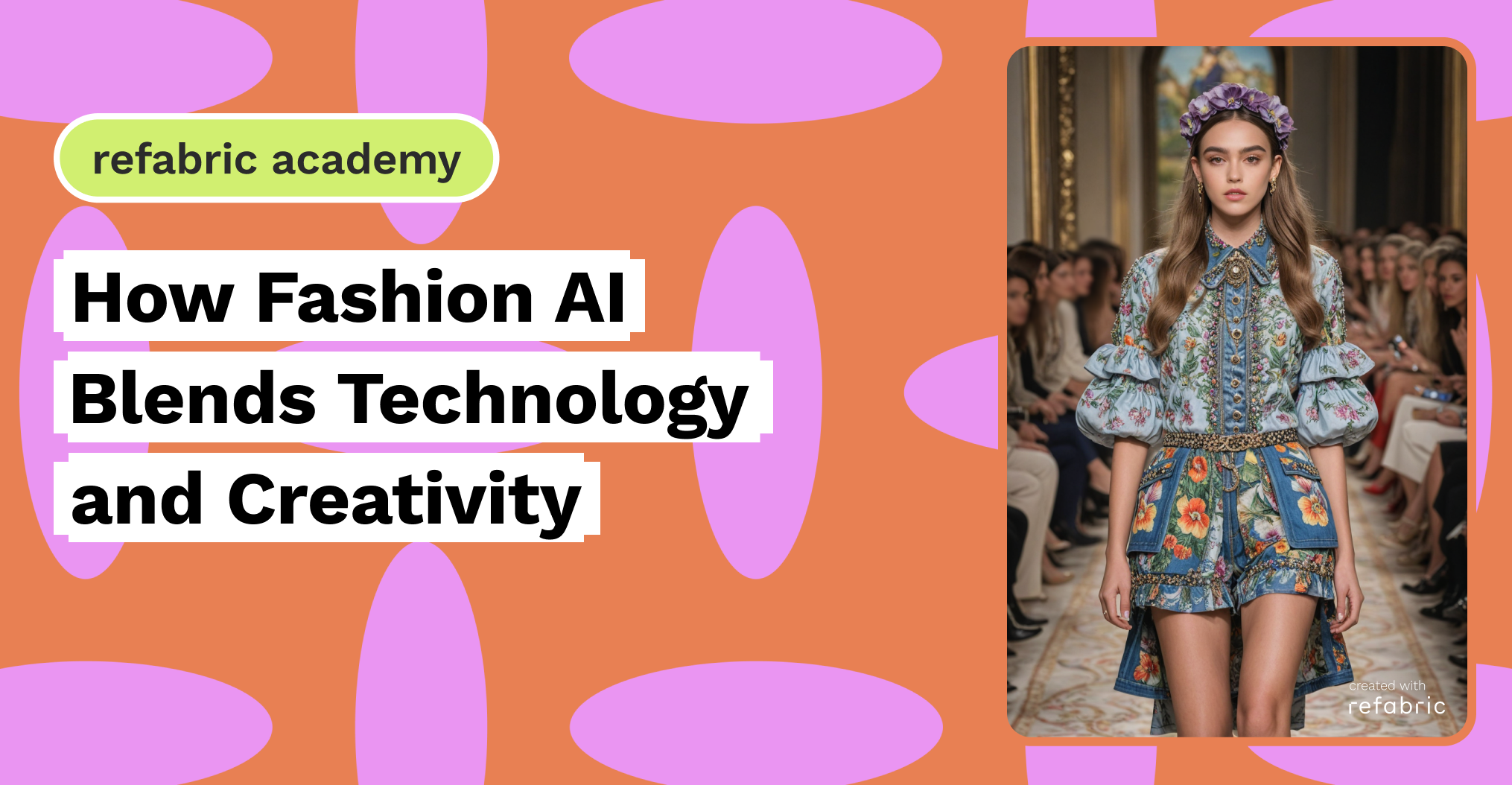In the dynamic realm of fashion, where fashion AI is becoming a buzzword, trends shift as quickly as the seasons. To remain relevant, designers and brands must continually innovate. Enter Artificial Intelligence (AI), a game-changing technology that is transforming the industry by leveraging vast datasets to not only understand current fashion trends but also predict future ones. This blend of technology and creativity is ushering in an AI-driven era in fashion, where data analytics become the cornerstone of design and marketing strategies.
Fashion AI’s impact on clothing design is multifaceted. One of its primary applications is in trend analysis. Traditional methods of identifying trends relied heavily on human observation and intuition, often lagging behind the fast-paced nature of the industry. With fashion AI, designers can now analyze enormous amounts of data from social media, e-commerce platforms, and fashion shows in real-time. This allows them to detect emerging trends and consumer preferences with unprecedented accuracy.
Harnessing Social Media and Predictive Analytics for Trend Forecasting
For instance, AI algorithms can scour social media platforms to identify which styles, colors, and brands are gaining popularity. By analyzing patterns in posts, comments, and likes, fashion AI can forecast which trends are likely to dominate the upcoming season. This provides designers with valuable insights that inform their creative process, allowing them to stay ahead of the curve and more effectively cater to consumer demands.
Moreover, fashion AI’s predictive capabilities extend beyond trend analysis. It can also anticipate future market demands. By examining historical data and current market conditions, fashion AI can predict which products will be in high demand in the future. This foresight is invaluable for fashion brands, enabling them to optimize their inventory, reduce waste, and increase profitability. It also allows them to create targeted marketing campaigns that resonate with their audience, driving engagement and sales.
Enhancing Design, Personalization, and Sustainability with Fashion AI
The integration of AI into fashion goes beyond just data analysis. It also enhances the design process itself. AI-powered tools can generate new design concepts by analyzing existing fashion collections and identifying patterns and gaps. This can inspire designers to create innovative and unique pieces that stand out in the market. Additionally, fashion AI can assist in the customization of products, offering personalized recommendations to consumers based on their preferences and past purchases. This level of personalization enhances the shopping experience, fostering brand loyalty and customer satisfaction.
Sustainability is another area where fashion AI is making a significant impact. The fashion industry is notorious for its environmental footprint, with overproduction and waste being major issues. Fashion AI helps tackle this problem by optimizing supply chain management and production processes. By predicting demand more accurately, brands can produce the right amount of products, thereby reducing excess inventory and minimizing waste. Furthermore, fashion AI can help identify sustainable materials and processes, promoting eco-friendly practices within the industry.
AI is also revolutionizing the way fashion is marketed and sold. Virtual try-ons and AI-powered chatbots are transforming the online shopping experience. Virtual try-ons leverage augmented reality technology to allow customers to see how clothes will look on them without physically trying them on. This reduces the need for returns, which are costly and environmentally damaging. AI-powered chatbots provide personalized customer service, answering queries and making product recommendations based on individual preferences. This not only enhances customer satisfaction but also drives sales.
In conclusion, fashion AI is fundamentally changing the industry by merging technology with creativity. Its ability to analyze vast amounts of data in real-time provides designers and brands with invaluable insights into current and future trends. By optimizing design, production, and marketing processes, fashion AI helps brands stay ahead of the curve, meet consumer demands, and promote sustainability. As we move further into the AI-driven era, the fashion industry is set to become more innovative, efficient, and environmentally conscious, heralding a new age of smart fashion.
